UN nuclear agency's politicization and Western media's different yardsticks
By Syed Zafar Mehdi
Ukraine's state-owned nuclear operator alleges the UN nuclear watchdog is being fed "manipulative and false information" by the Kremlin. The claim has been animatedly amplified by the mainstream Western media.
It comes after the International Atomic Energy Agency (IAEA) team led by the agency chief Rafael Grossi visited the Russian-controlled Zaporizhzhia nuclear plant in southeastern Ukraine to assess the damage caused to the plant in fighting between the Russian and Ukrainian forces.
The IAEA chief confirmed that "the physical integrity" of the plant had been "violated several times" but said there was no way to establish whether it was accidental or deliberate. He also stopped short of naming the guilty party.
Grossi admitted that the security situation around the nuclear plant was "difficult", citing at least three occasions that things turned "very concerning" for the visiting IAEA team.
The largest nuclear plant in Europe — which has been a flashpoint in the months-long war that broke out in late February following Kiev’s failure to implement the 2014 Minsk agreements and Russia's recognition of the breakaway regions of Donetsk and Luhansk — remains under Russian control since March but is operated by the Ukrainian staff.
Moscow has accused the West-backed regime in Kiev of repeatedly targeting the strategic nuclear plant, warning of a nuclear catastrophe worse than the 1986 Chernobyl disaster, which still haunts the region.
Taking strong umbrage to Grossi's remarks, following his visit to Zaporizhzhia, which houses 6 of the 15 nuclear reactors in Ukraine, Ukraine's state-run nuclear operator Energoatom said Russian officials were "spreading manipulative and false information" about the visit.
Ukrainian President Volodymyr Zelensky also accused Russia of turning the IAEA mission into a "fruitless tour of the plant", essentially suggesting that the UN agency and Moscow are working in collusion.
Quite remarkably, the mainstream western media latched onto every word of the embattled Ukrainian comedian-turned-president, amplifying his claim, irrespective of whether it carried any weight or not.
With the Western media, it's always about who makes the claim, not the claim itself. While we still are not in a position to independently verify it, its rapid amplification by the corporate western media has demonstrated yet again how different yardsticks apply to different countries.
Iran, for example, has on several occasions in recent years raised legitimate concerns about the UN nuclear agency's "political and unconstructive approach", pointing to its overt and covert relationship with Western powers and the Israeli regime.
But, instead of critically and impartially examining Iran's concerns, the mainstream western media has gone to great lengths to not only dismiss them but also put the victim in the dock, while quite scandalously giving clean chit to the devil.
Unlike the Ukrainian claim, which is still a matter of speculation, Iran's claims over the years have been backed by irrefutable evidence, laying bare the UN nuclear agency's secret dealings with the arrogant powers and their illegitimate offsprings.
It was again on full display in June this year when Grossi landed in Tel Aviv ahead of the agency's board of governors meeting, where a resolution against the Islamic Republic drafted by the US and its allies was passed.
The resolution called on Iran to cooperate with the UN nuclear agency's probe into so-called "three undeclared sites", which has now emerged as a key sticking point in concluding the marathon talks in Vienna aimed at salvaging the 2015 nuclear deal.
The probe, it is worthy to note, is based on forged documents provided to the UN nuclear agency by the Israeli regime. Iran insists that the politically motivated probe must be dropped to reach a deal in Vienna.
In response to the resolution, Iran's Foreign Minister Hossein Amir-Abdollahian said Tehran won't tolerate US “bullying” and attempts to gain “political concessions at the negotiation table.” The spokesman of Iran's nuclear agency Behrouz Kamalvandi lashed out at Grossi for making “unprofessional and politically motivated” remarks about Iran’s nuclear program.
The angry reactions didn't come in a vacuum. It's not hard to miss the connection between Grossi's Tel Aviv visit and the anti-Iran resolution at the IAEA board of governors meeting, illustrating how the agency has given up its technical mandate to become an extended arm of the global arrogant powers.
What could possibly explain the UN nuclear agency chief's high tea with the Israeli premier, given the fact that the regime, unlike the Islamic Republic of Iran, runs a clandestine nuclear program, has refused to sign the Nuclear Nonproliferation Treaty (NPT) and continues to deny IAEA inspectors access to its nuclear sites.
For the mainstream western media, the eighth-largest nuclear power's more than 100 nuclear warheads and a huge amount of weapons-grade plutonium is not a cause of concern, but Iran's peaceful nuclear program that runs under the watch of the UN agency imperils regional peace and stability.
What has emboldened the Israeli regime to accelerate its nuclear program and escape the scrutiny of the UN watchdog is the unconditional Western patronage. But that's not scandalous enough for the corporate western media, with deep links to the US military-industrial complex, to report on.
Now that their blue-eyed boy in Kiev has speculated that the UN nuclear body could be influenced by Russia, despite no evidence to suggest so, the big media outlets are firing on all cylinders to find some connection between the two.
At the same time, they continue to live in denial about the open and intimate relationship between the IAEA and the Israeli regime.
Syed Zafar Mehdi is a Tehran-based journalist, political analyst and author. He has reported for more than 12 years from India, Afghanistan, Pakistan, Kashmir and Iran for leading publications worldwide.
The views expressed in this article do not necessarily reflect those of Press TV.
VIDEO | Press TV's news headlines
Palestinian factions denounce US for offering ‘consular services’ inside West Bank settlement
Iran, Oman FMs meet ahead of third round of indirect nuclear talks with US
VIDEO | UN commemorates Mother Language Day with celebrations
VIDEO | Pakistan, Afghan Taliban trade accusations after border clash
VIDEO | Venezuela races against time to rebuild homes bombed by US
Ex-IAEA chief warns US of ‘horrific’ costs of war on Iran
India’s Modi visits occupied territories to deepen ties with Israel despite Gaza genocide


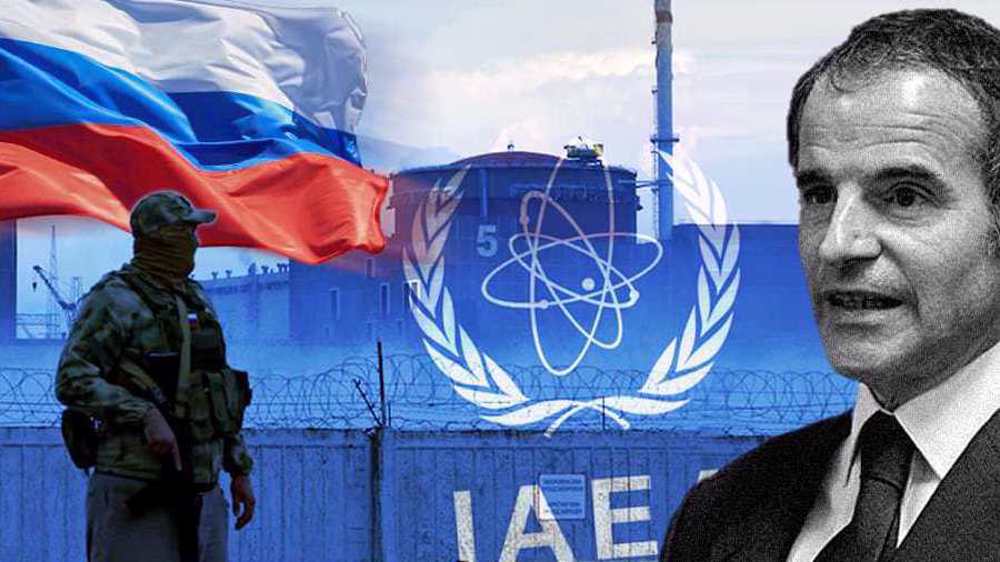
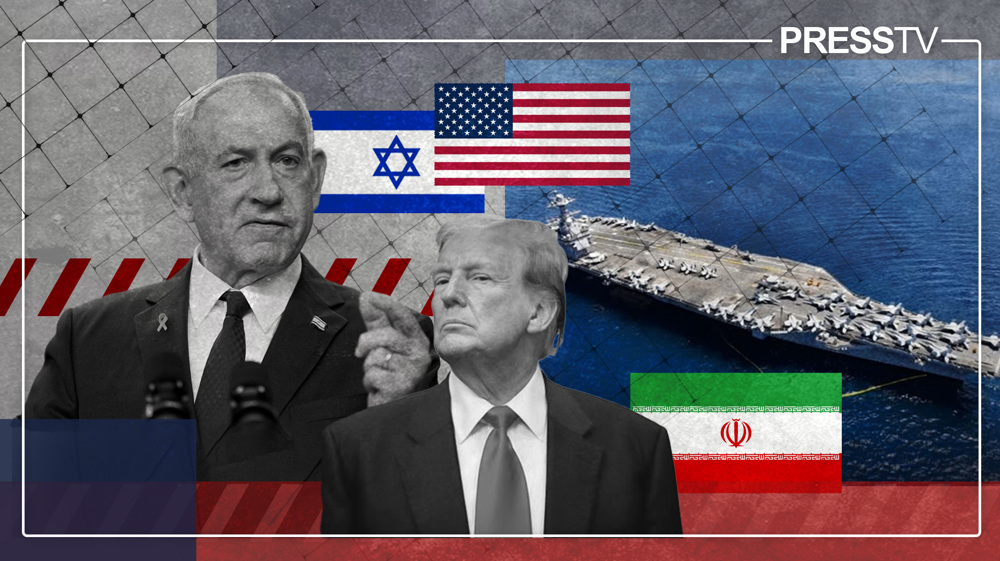
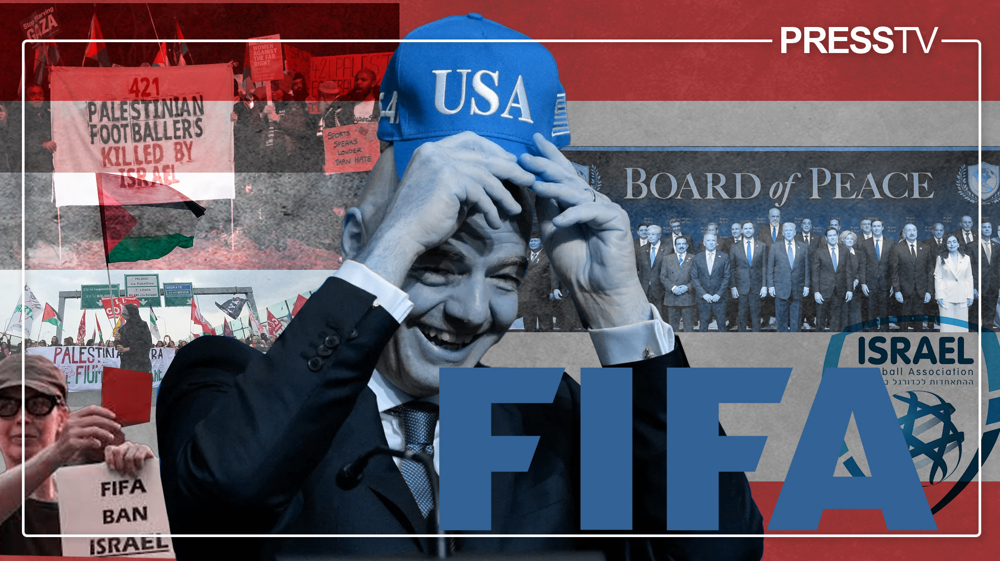
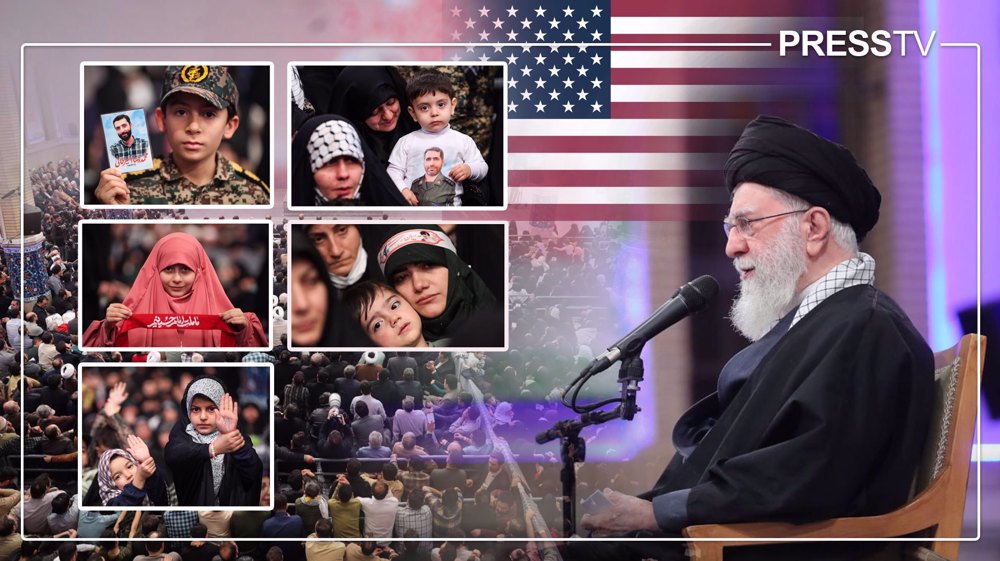



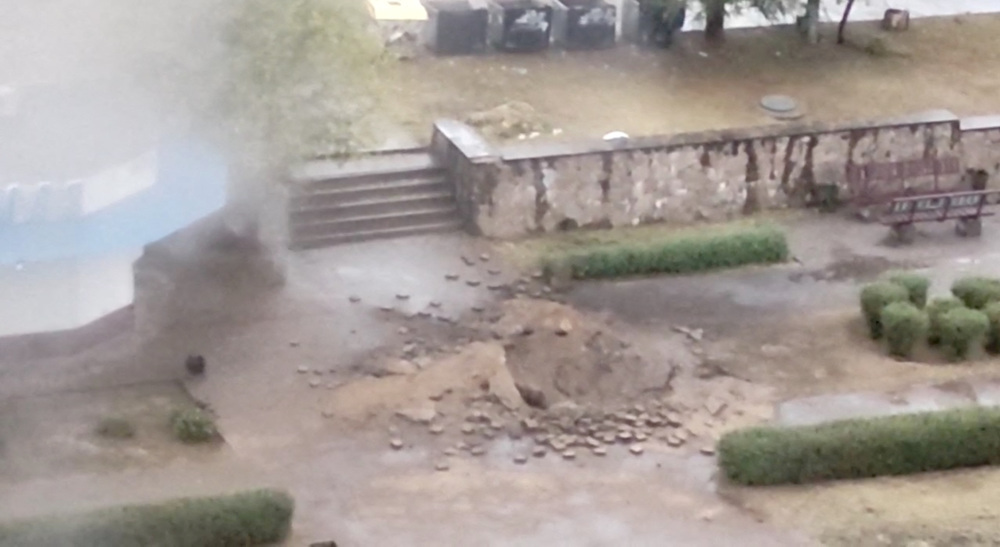
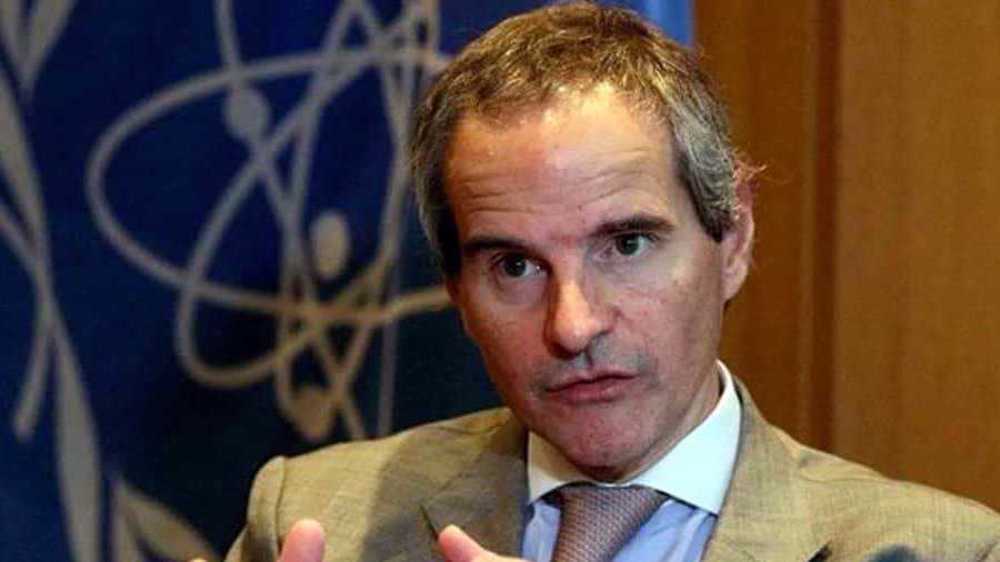

 This makes it easy to access the Press TV website
This makes it easy to access the Press TV website